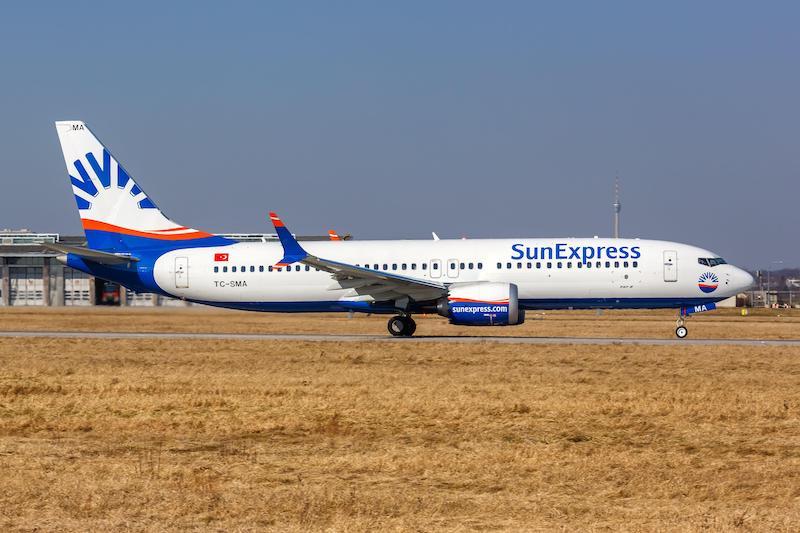
Credit: Markus Mainka/Alamy Stock Photo
BUDAPEST, Hungary—Airlines attending the CAPA Airline Leader Summit have highlighted aircraft availability as a key concern ahead of what is expected to be an extremely busy summer season, with many operators scrambling to find alternatives to ensure actual capacity matches their plans. “Pre-summer...
Subscription Required
This content requires a subscription to one of the Aviation Week Intelligence Network (AWIN) bundles.
Schedule a demo today to find out how you can access this content and similar content related to your area of the global aviation industry.
Already an AWIN subscriber? Login
Did you know? Aviation Week has won top honors multiple times in the Jesse H. Neal National Business Journalism Awards, the business-to-business media equivalent of the Pulitzer Prizes.
